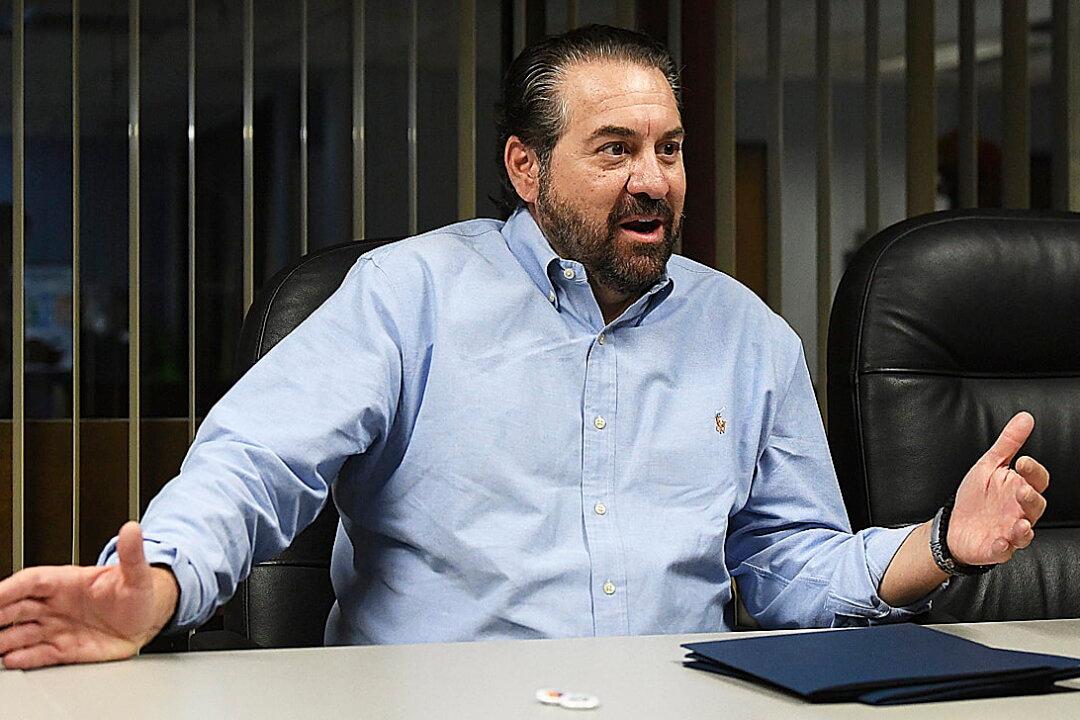Arizona Attorney General Mark Brnovich, a conservative, term-limited Republican who leaves office on Jan. 2, reflected on his eight years in office in a wide-ranging end-of-term interview with The Epoch Times.
In the interview, Brnovich said conservatives need to use the legal system more aggressively to fight progressive policies while he celebrated victories over the Biden administration in the recent Title 42 case and in an election integrity lawsuit.





